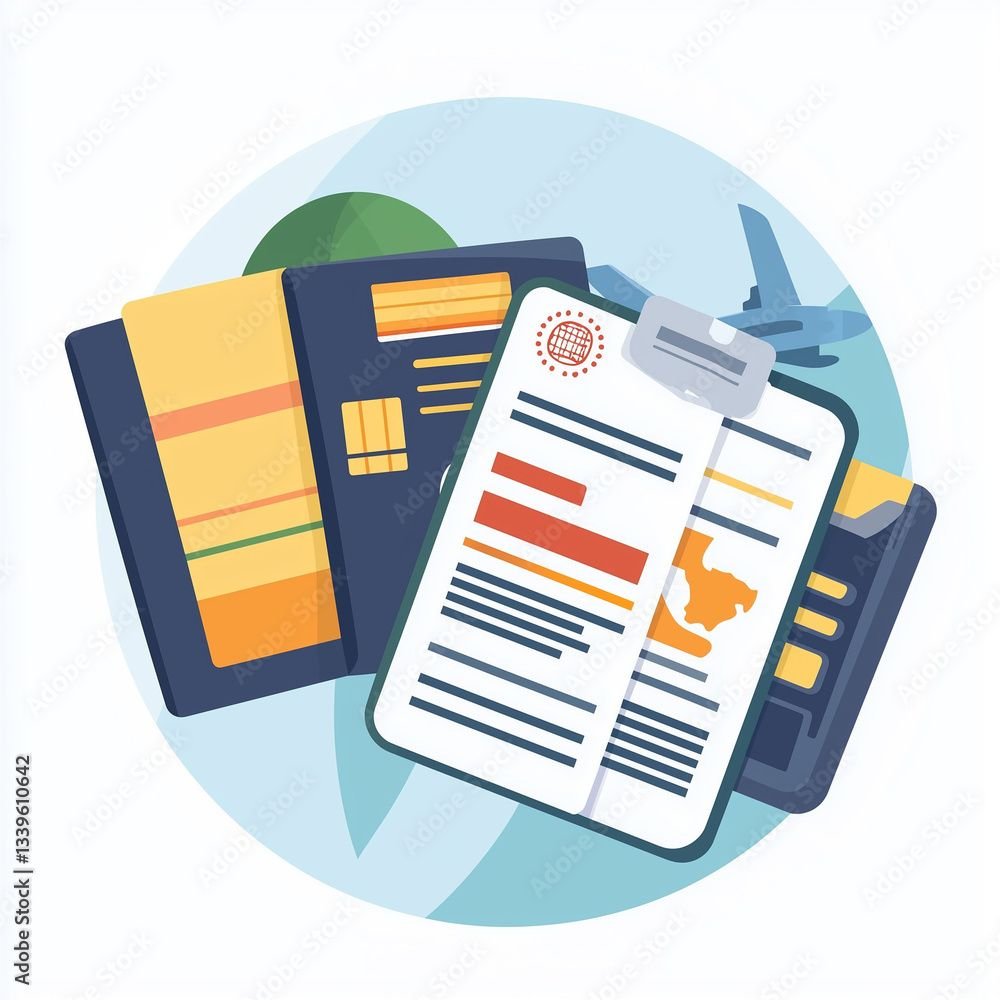The dream of rotating through multiple countries every year, spending spring in Europe, summer in Latin America, and winter in Southeast Asia comes with a hidden complication: taxes. If you’re living this nomadic lifestyle, you’re juggling not just visas, flights, and housing, but also three different tax systems that may all want a piece of your income.
Get it wrong, and you could face double (or even triple) taxation, fines, or frozen bank accounts. Get it right, and you can keep more of your earnings while staying completely legal. Here’s how.
1. Understand Your “Tax Home”
No matter where you go, your tax obligations usually start with your home country,or the country where you’re considered a tax resident.
- Citizenship-based tax countries like the U.S. will tax you no matter where you live (though you may qualify for exemptions like the Foreign Earned Income Exclusion).
- Residency-based tax countries (most of the world) only tax you if you’re a tax resident, usually defined by spending 183+ days in that country in a year.
- Territorial tax countries like Panama or Thailand (for foreigners) only tax income earned inside the country.
Tip: Before you start traveling, clarify where your “tax home” is. If you have citizenship in a high-tax country, explore legal strategies to reduce your residency there.
2. Track Your Days Religiously
If you’re living in three countries a year, each one will likely check how many days you’ve spent within its borders. Go over their threshold, and you may trigger residency and tax liability.
Use a passport app or spreadsheet to log exact entry and exit dates.
Remember: Even a partial day can sometimes count as a full day for tax purposes.
Example: Spend 120 days in Spain, 150 days in Mexico, and 95 in Thailand,on paper, you might think you avoided all residency thresholds. But Spain may still count you as a resident if your “center of life” (family, property, work) is there.
3. Master Double Tax Treaties (DTTs)
Many countries have tax treaties that prevent you from being taxed twice on the same income. These agreements often:
- Define which country gets to tax your salary, business profits, or investments.
- Provide tax credits so you can deduct foreign taxes paid from your home country’s bill.
Use “tie-breaker rules” if two countries both claim you as a resident.
Tip: If your three countries have no treaties with each other, you’ll need to rely on domestic tax relief programs or restructure your income to flow through a tax-friendly jurisdiction.
4. Separate Your Business & Personal Income
When you’re bouncing between countries, mixing business and personal income is a recipe for chaos.
- Register your business in a jurisdiction that works well with a nomadic lifestyle (e.g., Estonia e-Residency, UAE Free Zone, or a Caribbean IBC).
- Keep separate bank accounts and payment processors for your business.
- Pay yourself a salary or dividends from your business in a way that optimizes your tax burden under each country’s rules.
- This makes it far easier to report income consistently to different tax authorities.
5. Get Professional Help:In All Three Countries
The truth? No single accountant will know all three systems perfectly. You’ll need a team:
- A primary tax advisor in your home country.
- Local accountants in the countries where you spend significant time.
- A global tax strategist to ensure your whole setup is compliant and efficient.
- Yes, it’s more expensive,but far cheaper than an unexpected audit or a 70% tax bill.
6. File, Even if You Owe Nothing
Some nomads mistakenly believe that if they owe no tax, they don’t need to file. That’s dangerous. Many countries require you to submit a return even if your tax due is zero,failure to do so can mean penalties and lost benefits.
Example: U.S. expats earning under the FEIE limit still have to file annually, and sometimes report foreign bank accounts (FBAR) or assets (FATCA).
7. Consider the “Nomad-Friendly” Countries
If living in three countries is your plan for the next few years, it makes sense to choose destinations that:
- Have territorial or zero-tax systems (e.g., Panama, UAE).
- Offer clear residency rules and no aggressive global income taxation.
- Have digital nomad visas that don’t automatically trigger tax residency.
This way, you minimize both the paperwork and the risk.
The Bottom Line
Living in three countries a year can give you freedom, diversity, and adventure,but without proper tax planning, it can also turn into a bureaucratic nightmare. The winners in this game are those who plan before they land.
Treat your tax strategy as seriously as your travel itinerary, and you’ll keep your money where it belongs,funding the life you actually want to live.













